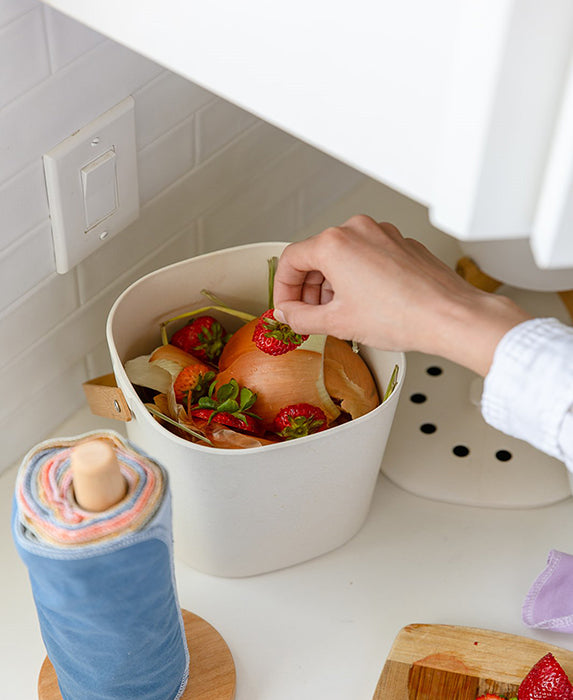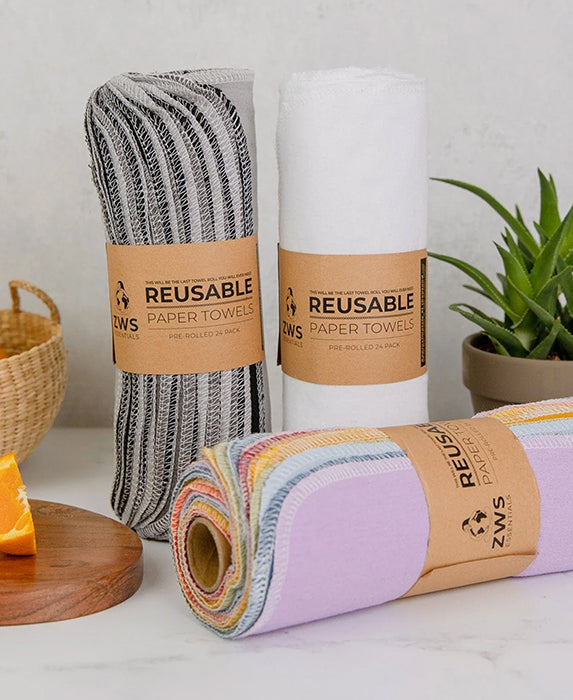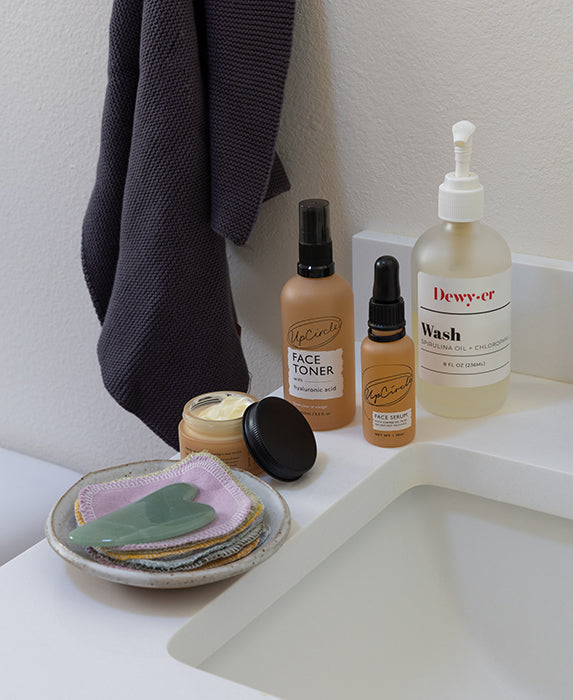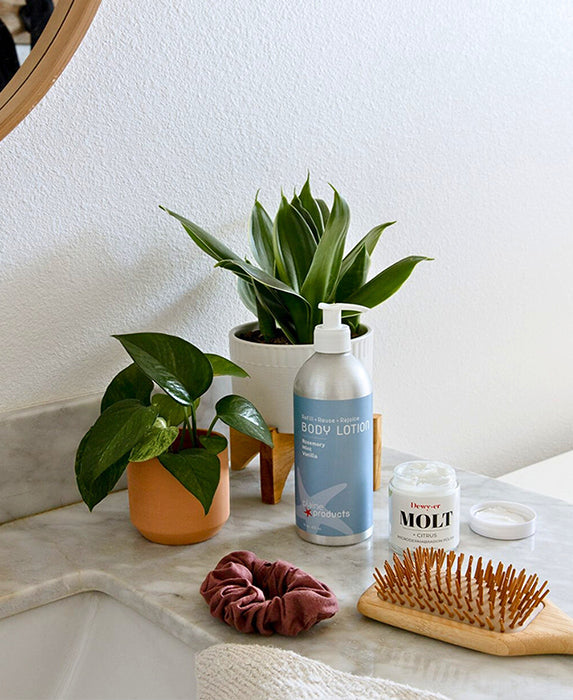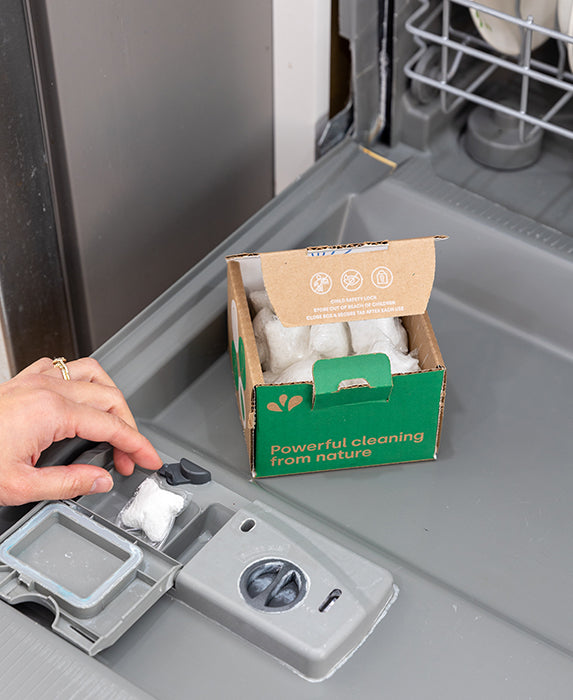Being a pet owner is one of the most rewarding experiences in life for most people. After all, pets are extremely loyal, entertaining, nonjudgemental, and all-loving. However, there are certain challenges that come with owning a pet. One that has gained much attention in recent years is managing environmental waste associated with owning a pet.
Luckily for pet owners, there are many ways to give your pet the best life possible while being eco-friendly. Here are five ways to help you be a more eco-conscious pet owner!
Adopt a Pet
For anyone who is considering bringing a new furry friend into the family, the first way to be an environmentally friendly pet owner is to adopt a pet from a local animal shelter or rescue, instead of going to a breeder. Unfortunately, recent 2023 pet adoption statistics from The Zebra state that there are approximately 6.5 million animals admitted to shelters and rescues each year. However, only about half of them are adopted! Many of these innocent animals are forced to get euthanized and never experience the love they should.
Furthermore, there is an overpopulation of cats, dogs, and other animals because people choose to go to breeders. Moreover, some breeders and animal mills do not care about the animals they breed, as they are only looking to make a profit.
When you adopt from a local animal shelter or rescue you are giving an animal a second chance at life. You are also freeing vital space in the shelter you adopt from, so another animal can go there. Adopting pets can help to discourage breeders from contributing to unwanted litters. Likewise, you are helping to prevent animal overpopulation. In effect, this can help to reduce carbon dioxide emissions.
Dispose of Waste Responsibly
It’s no secret that all pets poop. This can cause substantial waste as many pet owners choose to use plastic waste bags that are commonly produced by using fossil fuels. Similarly, these waste bags endlessly pile up in landfills and take hundreds of years to decompose, according to a recent article. As a pet owner, it’s your responsibility to make sure your pet’s waste is being disposed of properly in an environmentally conscious manner.
If you have a dog, then you can shop for reusable waste bags and accessories so you can contribute to a world in which less plastic is used. Choose compostable waste bag options that are made from plant-based materials and environmentally friendly materials. Moreover, instead of using a plastic waste bag holder on your dog’s leash, get one that is made out of wood, bamboo, or cotton.
If you would like to go a step further, dog waste is great for composting. This is because it serves as a natural soil and lawn additive and it doesn’t take too long to decompose. However, you should avoid composting animal waste on crops that you wish to eat. Overall, learning how to compost is important because it helps create healthy soil while eliminating waste.
Eco-Friendly Pet Food and Bowls
Becoming a more eco-friendly and conscious dog owner and cat owner means giving your furry friend sustainably-sourced food. For example, when buying cat or dog food make sure to research how the food is produced. Ideally, the producer should use meat from animals that are naturally near the end of their lifespan. Similarly, pet foods produced with byproducts tend to be more sustainable than pet food purely made with human ingredients. This is because they use animal parts that could be otherwise disposed of in landfills, where they would emit significant amounts of carbon dioxide and methane.
Another great idea would be to look into eco-friendly pet treats that are made from overpopulated animals. Animal overpopulation is bad because it can cause starvation within the species that is overpopulated. It’s equally negative to their prey because there are more predators than needed, which could create an endangered species scenario. Using pet treats and products that contain overpopulated animals can help allow for greater biodiversity.
In addition, you should also examine the kind of packing your cat or dog food comes in. Try to purchase pet food that is made from reusable materials or is recyclable at the very least. You might even wish to buy from organizations that participate in give back programs, in which a portion of their proceeds goes to eco-friendly initiatives.
Make sure you pay attention to what your furry friend’s food and drink bowl are made out of as well. Unlike plastic bowls, which don’t last long and are created with a lot of carbon emissions, bamboo pet bowls are durable, long-lasting, and easy to clean. On top of that, bamboo is an eco-friendly resource as it’s easily replaceable, fast to grow, and doesn’t require any fertilizers, which can lead to more greenhouse gasses entering the atmosphere.
Reuse Pet Toys
One of the best ways to be an environmentally conscious pet owner is by reusing pet toys. For example, if your furry friend tends to be picky about which toys they like and dislike, then you can donate the toys they don’t play with to local animal shelters. They are always looking for donations that other animals will love! In the same way, if your pet passes away, it might be worth it to keep their toys if you think you will have another pet at some point. Doing this allows you to reuse toys, while reminding you about your lost loved ones.
A more creative way to ensure that your furry friend’s toys are helping and not hurting the planet is by making toys out of scraps around your house. For example, you might have an old worn-out tee shirt that you don’t wear anymore. Instead of throwing it away, clean it and make it into a t-shirt rope tug toy. There are so many great guides on the internet that can help you turn old items around the house into new pet toys!
Spray and Neuter Your Pet
As mentioned before, there is an ongoing overpopulation problem with cats and dogs in the United States. Not only are massive amounts of cats and dogs locked up in shelters and enduring the threat of being put down, but this excess creates vast waste. More food, water, products, etc. are in demand because there are too many animals. The overpopulation of pets is bad for the environment because they produce millions of tons of planet-warming gasses, like carbon dioxide.
It’s important to make sure your furry friend gets sprayed or neutered because of the many pets already on the planet. The last thing you want is for your cat or dog to accidentally have a litter of offspring, in which you have to give them up to the local animal shelter.
Make sure you consult your veterinarian about getting your pet spayed or neutered when they are young. Depending on the kind of pet you have, getting them fixed can be expensive, so getting pet insurance might be beneficial. Researching how to use pet insurance will show you that you will not be stuck with expensive bills associated with bringing your furry friend to the veterinarian. You can also have peace of mind knowing that your pet will get the care they need if they ever get unexpectedly hurt and need medical assistance.
There is a lot more to caring for a pet than feeding them, playing with them, and taking them outside to go to the bathroom. There is also your righteous duty to keep the environment in mind while you are trying to give your pet the best life possible. With that said, following these tips is a great start to ensuring that you are being an eco-friendly pet owner!

